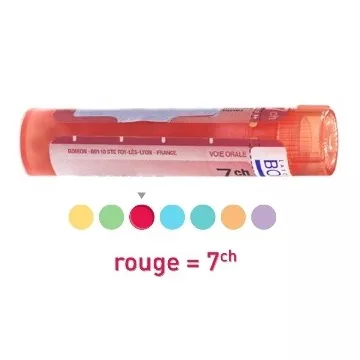
What causes skin pigmentation spots?
Skin pigmentation spots are often caused by an overproduction of melanin, the pigment responsible for skin color. The main causes include excessive sun exposure, aging, hormonal changes, skin injuries and certain medications.
How can I prevent the appearance of pigmentation spots?
To prevent the appearance of pigmentation spots, it's essential to protect your skin from harmful UV rays by using a broad-spectrum sunscreen, avoiding excessive sun exposure and wearing protective clothing. In addition, maintaining a good skin care routine and avoiding skin trauma can help reduce the risk.
What treatments are available for pigmentation spots?
There are several treatment options for pigment spots, including laser, cryotherapy, chemical peels, depigmenting creams and topical treatments. The choice of treatment will depend on the cause, size and location of the pigmented spots, as well as the patient's preference.
Is laser treatment effective in removing pigmentation spots?
Yes, laser treatment is often effective in removing pigmentation spots. Lasers selectively target areas of excessive pigmentation, destroying the cells responsible for the darker skin color. However, several sessions may be required to achieve optimal results.
What are the risks associated with pigmentation spot treatments?
Although pigmentation spot treatments are generally safe, they can cause side effects such as redness, swelling, itching, burning or temporary changes in pigmentation. It's important to discuss potential risks with a healthcare professional before starting any treatment.
Can pigmentation spots return after treatment?
Yes, it is possible for pigmentation spots to return after treatment, especially if triggering factors such as sun exposure are not controlled. To minimize the risk of recurrence, it's essential to follow your doctor's recommendations and maintain a good sun protection routine.
Are skin-lightening products effective in treating pigmentation spots?
Some skin-lightening products contain ingredients such as hydroquinone, kojic acid or glycolic acid, which can help reduce the appearance of pigmentation spots. However, their effectiveness can vary from person to person, and it's important to use them under the supervision of a healthcare professional to avoid adverse effects.
What are the best ingredients to look for in pigmentation spot care products?
Some beneficial ingredients for treating pigmentation spots include vitamin C, azelaic acid, retinoic acid, kojic acid and glycolic acid. These ingredients can help lighten skin, exfoliate pigmented cells and inhibit melanin production.
Are there any natural remedies for pigmentation spots?
Natural remedies such as lemon juice, apple cider vinegar, honey, turmeric and aloe vera are often cited as home solutions for pigmentation spots. However, their effectiveness is not scientifically proven, and it's important to use them with caution to avoid adverse skin reactions.
How can I choose the best treatment for my pigmentation spots?
Choosing the best treatment for pigmentation spots will depend on a number of factors, including the cause of the spots, location on the body, severity and personal preference. We recommend consulting a qualified dermatologist who can assess your skin and recommend the most appropriate treatment for optimal results.